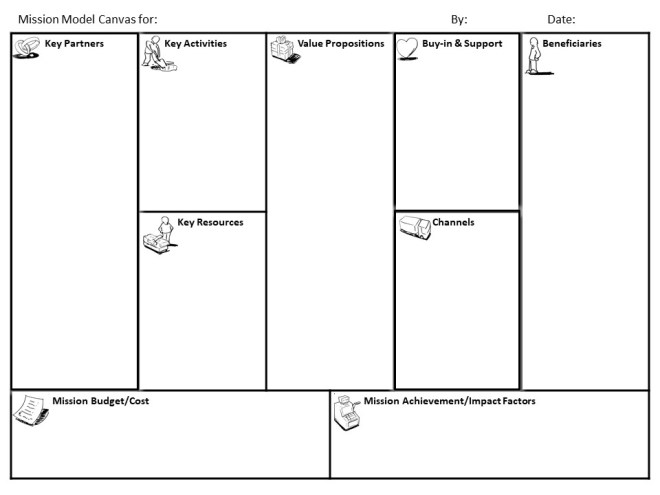
Recently, Lancaster University Library held the 8th Data Conversations: How Digital Humanities Impacts Research Data Management. This year was different – no free pizza, but the delight of inviting external attendees to listen and contribute (and send gifs over chat!) was a welcome addition. We were joined by four of our own PhD students from a range of humanities subjects. Read on to find out more.
As MS Teams filled up, we were delighted to welcome the first of our speakers, Ben Willis-Eve. Ben talks us through his experience with social media data and “how this is managed and the effects of using Digital Humanities (DH) methods and trying to navigate what is quite a grey area with how you can collect and store this data“ – with focus on the first two points of the below slide. This was all a lot more complicated than Ben thought before starting his PhD – one particular stand out consideration surrounds ethics and what Twitter expect as per their guidelines. The challenges of using hashtags is also discussed, as these are not ‘standard words.’

Next was a look at Bibliometrics for the social sciences from Anoud Abusalim, focussing on how bibliometrics can be used to inform policy in social sciences and humanities research. Anoud looks at second language writing (SLW), which she finds is heavily Americanised. With data collection procedures, organisation is key! You can see several helpful visualisations on the YouTube slides.

To round off the presentations, we next had Ellen Roberts and Samuel Oliver. Reviewing Shakespeare, Ellen focuses on linguistic make up of genre, while Sam focuses on meta language of politeness and impoliteness.
So, what is Corpus Linguistics? Well, corpus=body in Latin. It is an established digital method of studying large a large body of text(s) using specialist software. Ellen explores some of the challenges faced looking at tags in the Enhanced Shakespearean Corpus. Since play texts include stage directions, dialogue and character interaction, how can you meaningfully digitise this for study? Ellen uses a great example of name shortening too, from Theseus to ‘The’ – such a commonly used word!

After introducing Corpus Linguistics and tagging, Ellen seamlessly hands to Sam who discusses his PhD research “(im)politeness metalanguage in Shakespeare’s plays.” This presentation brought up interesting issues – how can text be meaningfully represented? With plays – how can it be translated to machine readable data e.g. stage directions, and the challenge of shortened character names? We must also consider the historical dimensions of words to ensure we understand the context of use.

As we reflected over the amazing work of all four speakers across the three DH presentations, we began the panel Q&A with an array of audience questions.

Anoud was unable to join for this part due to teaching commitment – thank you Anoud for your amazing multi-tasking!
Thank you to all attendees, we were delighted to have you! Did you miss out? Well not to worry, you can watch the full event via our YouTube page. On Twitter, use #ludatacon to catch up on comments and add to the discussion.
We can’t wait to see you all again in person, but for now we are planning another Data Conversations online and will share further details in due course. Happy Data Managing!









